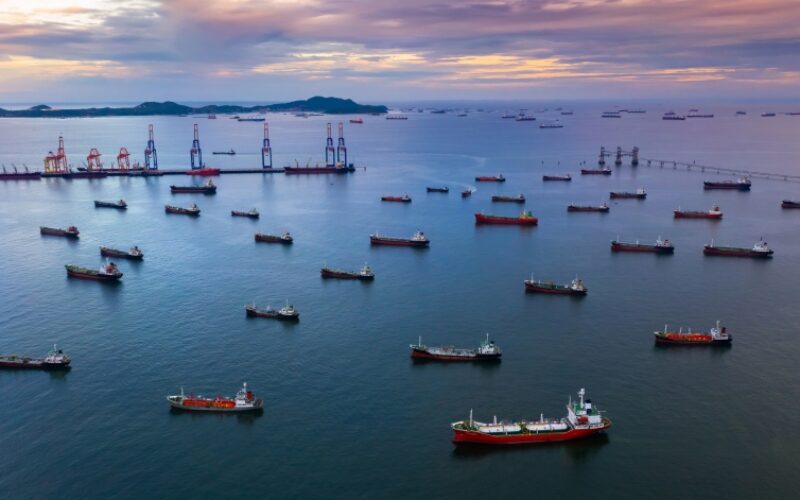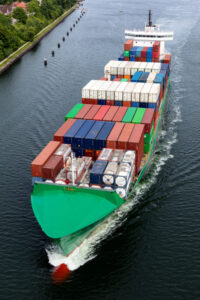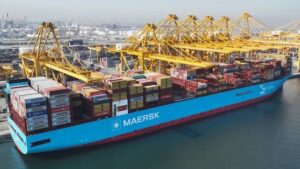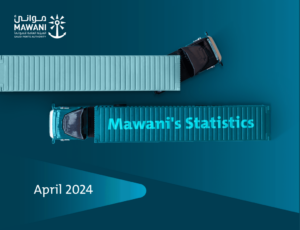Marubeni Corporation, a Japanese corporation, has reported that it has validated a 15 per cent average decrease in CO2 emissions from operating owned and hired vessels utilising the Blue Visby approach.
The Blue Visby Consortium conducted verification towards implementation of the system using a fleet of gas and chemical tankers operated by Marubeni.
This verification verified that CO2 emissions may be decreased by an average of 15 per cent across a total of 625 journeys of 68 vessels managed and chartered by Marubeni.
READ: Shipping industry ‘failing’ to monitor emissions
Since then, Marubeni and Blue Visby Services Ltd. have signed a Letter of Intent to construct a prototype version of Blue Visby Solution.
The Blue Visby Solution consists of software, an operational system, and contractual design intended at decreasing wasteful fuel usage caused by cargo ships that Sail Fast Then Wait near their destination, resulting in extremely significant reductions in greenhouse gas (GHG) emissions.
READ: Supply Chain Sustainability: How to Optimise Operations to Reduce Waste
This model has gone through a number of stages, including various proof of concept studies and pilot programmes, over the course of many years, while the consortium has expanded to include over 25 member organisations, including Marubeni, in less than a year.









